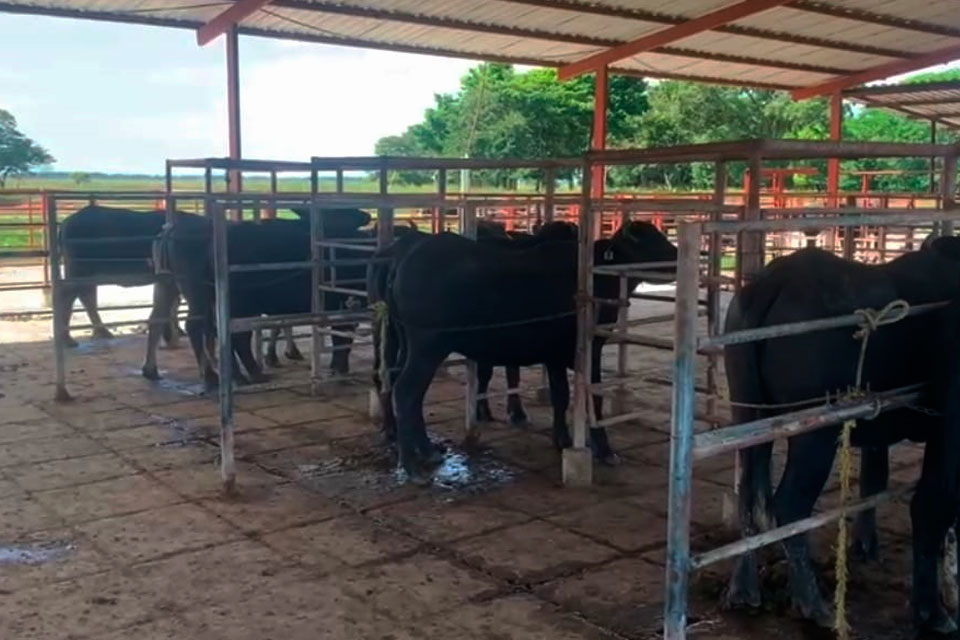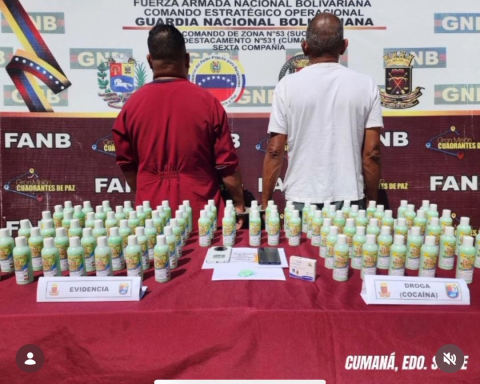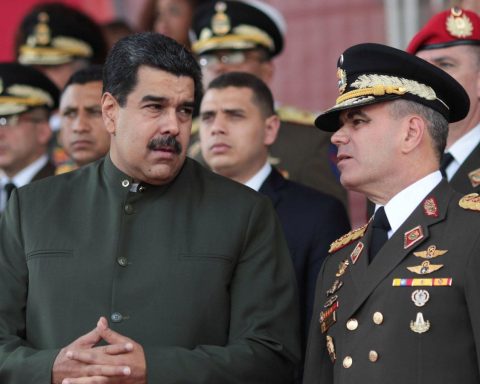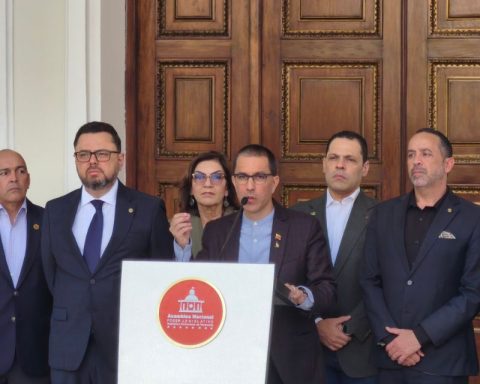Electricity rationing in the Sosa municipality of Barinases state is constant, “at any time,” say farmers in this sector; which also affects the daily tasks of its inhabitants
Around a thousand milk and meat producers in the Sosa municipality, Barinas state, report that the persistent electricity outages in that jurisdiction affect them in the development of their agricultural activities.
According to José Alejandro Mejías, a small milk producer in the Cañaverales sector, rationing occurs at any time and lasts up to four hours, but during the day there are constant fluctuations in the service and small cuts that prevent the normal performance of the livestock work.
Mejías says that the instability in the electrical supply is constant in that municipality located in the center-east of the Barinas state, where there are large water courses in a west-east direction, such as the Apure, Guanare Viejo and Masparro rivers, however, the Lack of maintenance and investment in the electrical system affects them to comply with the cold chain that is needed for the conservation of milk.
*Read also: Wastewater can causes pollution in the La Croquera de Maracay urbanization
Also gasoline failures in Barinas
In addition to the electricity failures, the citizens of the four parishes that make up the jurisdiction suffer from a shortage of gasoline at the only service station that operates in Ciudad de Nutrias, capital of the municipality, since the fuel does not arrive regularly. “This also causes inconveniences for the development of agricultural and livestock work,” says Mejías.
The economy of this area Barinas is characterized by extensive livestock farming, cultivation of corn, cotton, fruit trees, tomato, rice, cassava, topocho and banana, trade in river species, such as striped, dorado, cachama, coporo, palometa and caribbean catfish, thanks to its proximity to the Apure River.
*Journalism in Venezuela is carried out in a hostile environment for the press with dozens of legal instruments in place to punish the word, especially the laws “against hate”, “against fascism” and “against the blockade.” This content is being published taking into consideration the threats and limits that have consequently been imposed on the dissemination of information from within the country.
Post Views: 29















